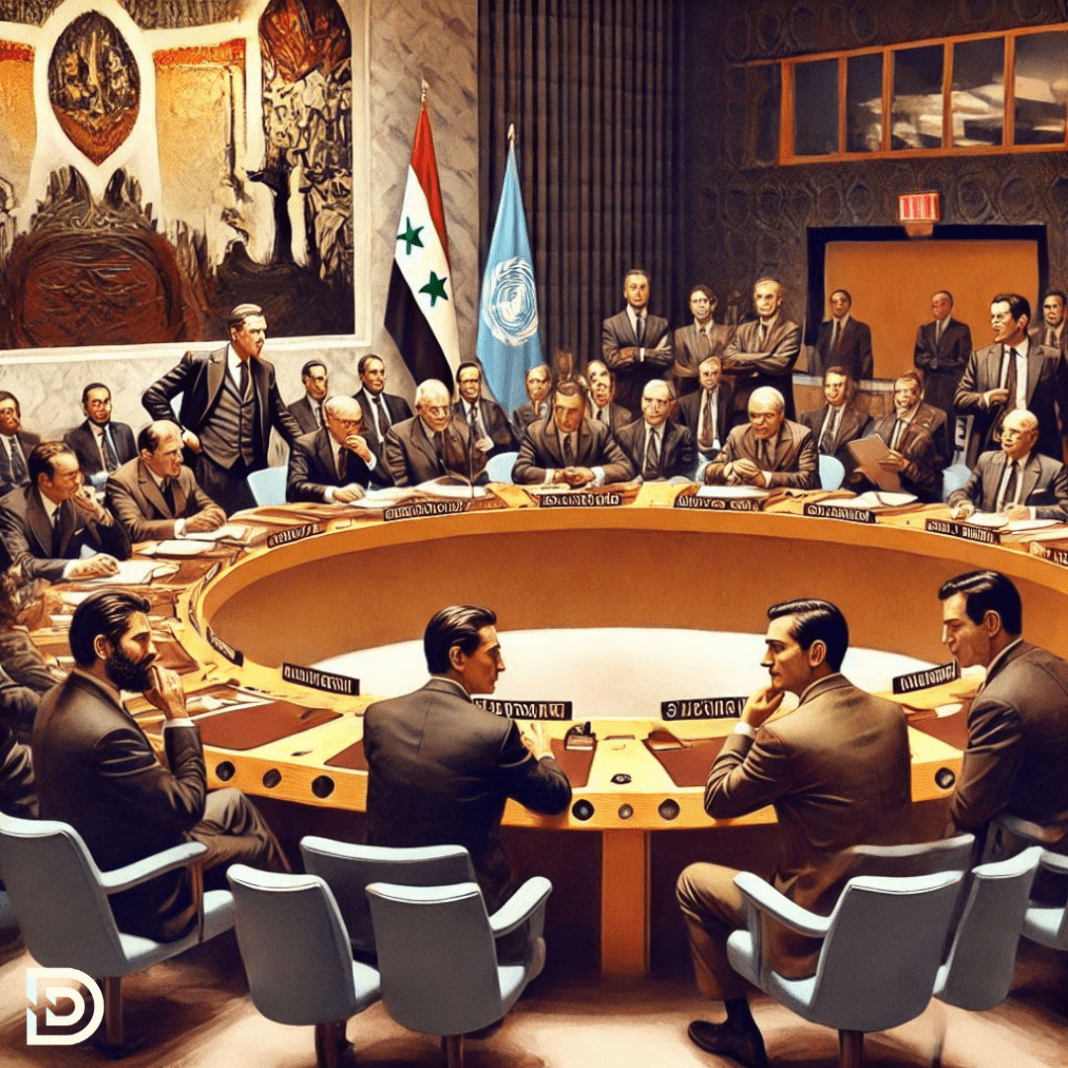UN Highlights the Need for Inclusiveness in Transition
The United Nations has urged Syria’s caretaker administration to prioritize creating a credible and inclusive transitional government as the best path to lifting international sanctions. Geir Pedersen, the UN special envoy for Syria, shared this assessment during a UN Security Council briefing in New York.
The caretaker government, led by a coalition of various factions, faces significant challenges in ensuring inclusivity and unity. While some steps toward inclusiveness have been made, concerns remain about the lack of transparency in key processes. Many Syrians, Pedersen noted, are skeptical about whether the government is genuinely committed to representing all segments of society.
The integration of armed groups into the defense ministry remains incomplete, with several militias still operating independently. The Syrian Democratic Forces and the Syrian National Army, in particular, continue to engage in military clashes. Pedersen emphasized that these ongoing conflicts threaten the stability required for a peaceful transition.
Adding to the complexities, external military interventions persist. The Israel Defense Forces have been accused of conducting attacks inside Syria, a situation that the UN envoy warned could derail efforts for a peaceful transition. Meanwhile, Turkey has indicated the possibility of increasing its military activities within Syria.
Challenges Surrounding the National Dialogue Conference
A national dialogue conference, seen as a cornerstone for forming a transitional government, is facing delays and scrutiny. The conference aims to bring together representatives from across Syria’s diverse societal and governance structures. However, concerns have been raised about the lack of clarity regarding the conference’s timing, framework, goals, and criteria for participation.
Pedersen welcomed the decision to delay the conference until a preparatory committee with broader representation is formed. This move, he said, could help ensure that the process is more inclusive and better planned. However, he also cautioned against rushing the process, emphasizing the importance of thorough preparation to avoid missteps.
The caretaker government has proposed a four-year timetable for national elections, which deviates significantly from the timeline outlined in UN resolution 2254. Pedersen acknowledged that the resolution, adopted in 2015, might no longer be fully applicable due to the drastically changed circumstances in Syria. He called for a fresh approach while reiterating the need for free and fair elections conducted under international standards.
Despite these challenges, the caretaker administration has faced criticism for making long-term policy decisions prematurely. Issues such as the character of the state, security sector reforms, and educational policies are being addressed before a constitution has been finalized. These actions have raised concerns about the inclusiveness and transparency of the decision-making process.
Growing Concerns Over Governance and Stability
Signs of instability have emerged in regions under the control of the caretaker authorities, particularly in coastal areas like Homs and Hama. Reports have surfaced of abuses, including extrajudicial killings of officials from the previous regime. While some perpetrators have been arrested, these incidents have raised questions about the administration’s ability to maintain stability and uphold justice during this critical period of transition.
The government’s plans for public sector restructuring have also drawn criticism. Many former public sector employees are now without livelihoods, which could lead to increased instability and social unrest.
Meanwhile, allegations against senior members of the caretaker government have sparked outrage among activists and rights groups. One case involves footage showing the interim justice minister linked to the summary execution of two women accused of prostitution. The video shows a veiled woman being shot in the street, with a man appearing to record the incident. Calls for an investigation into the minister’s past actions have intensified, further highlighting the fragile state of governance during Syria’s ongoing transition.
The transitional government faces a delicate balancing act. On one hand, it must navigate the complex web of factions and interests within Syria to build a more inclusive administration. On the other, it must address international concerns, particularly regarding human rights and governance, to pave the way for the lifting of sanctions.

